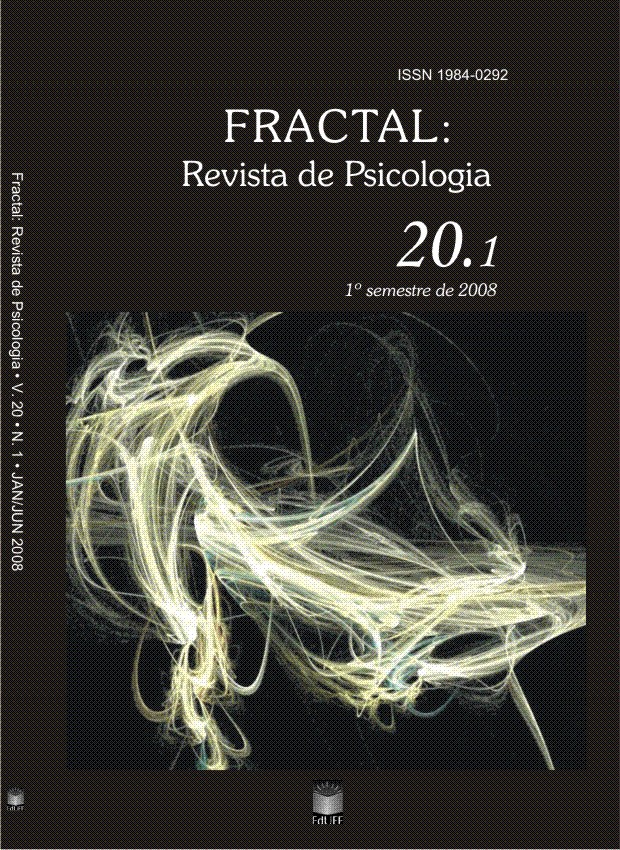Paradigma preventivo e lógica identitária nas abordagens sobre o Hip Hop
Palavras-chave:
Hip Hop, Identidade, Insegurança, Psicologia SocialResumo
Este artigo faz uma revisão das pesquisas acadêmicas sobre o Hip Hop, apontando a preponderância do conceito de identidade nas referidas teorizações. Neste sentido, pretende-se contextualizar a ascensão do conceito de identidade nas visões sobre o Hip Hop, em direção a sua conjugação com o conceito de cidadania. Tal lógica identitária está intimamente ligada à construção da noção de categorias desviantes. Forjada sob o pano de fundo da urbanização, a lógica identitária é a expressão acadêmica de uma racionalidade a que denominamos de paradigma preventivo, cuja função é antecipar-se a uma eventual potência violenta que os jovens moradores de periferia representariam. Portanto, trata-se de entender a fabricação do subúrbio e da juventude como problema social, analisando, assim, as concepções que dão sustentação aos ideais corretivos e moralizantes que as abordagens sobre o Hip Hop expressam através de uma ênfase nos seus benefícios identitários.Downloads
Downloads
Publicado
Edição
Seção
Licença
Autores que publicam nesta revista concordam com os seguintes termos:
- Autores mantém os direitos autorais e concedem à revista o direito de primeira publicação, com o trabalho simultaneamente licenciado sob a Creative Commons Attribution License que permitindo o compartilhamento do trabalho com reconhecimento da autoria do trabalho e publicação inicial nesta revista.
- Autores têm autorização para assumir contratos adicionais separadamente, para distribuição não-exclusiva da versão do trabalho publicada nesta revista (ex.: publicar em repositório institucional ou como capítulo de livro), com reconhecimento de autoria e publicação inicial nesta revista.

This work is licensed under a Creative Commons Attribution 4.0 International License.

Na medida do possível segundo a lei, a Fractal: Revista de Psicologia renunciou a todos os direitos autorais e direitos conexos às Listas de referência em artigos de pesquisa. Este trabalho é publicado em: Brasil.
To the extent possible under law, Fractal: Revista de Psicologia has waived all copyright and related or neighboring rights to Reference lists in research articles. This work is published from: Brasil.



